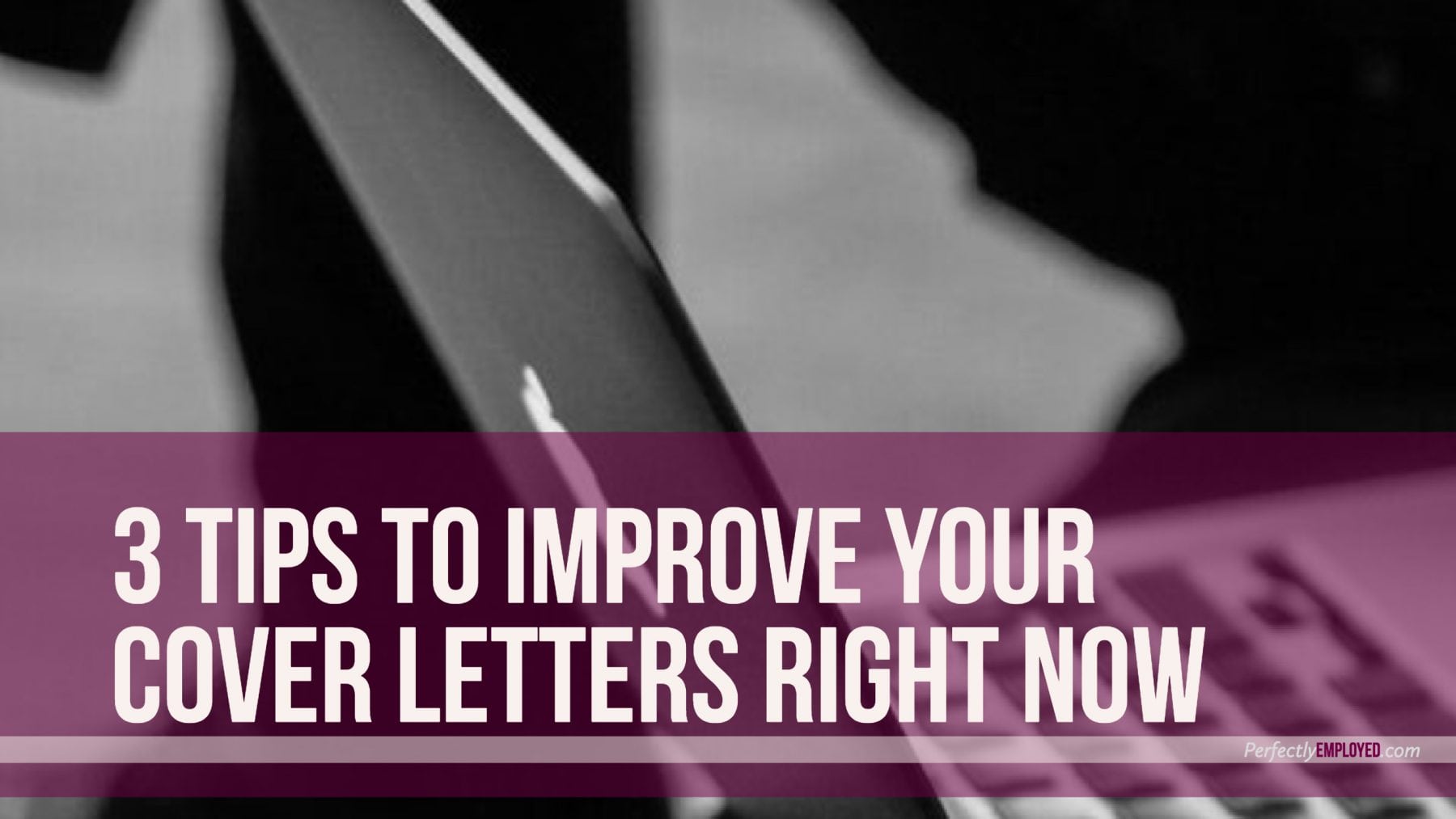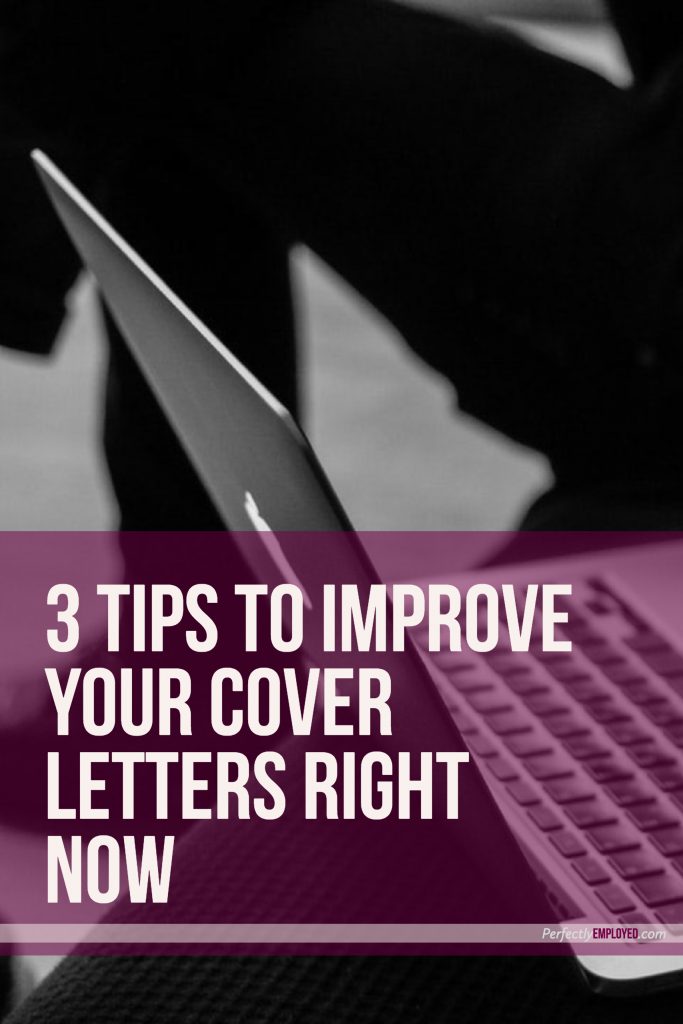
Even though most companies have moved to online job applications, cover letters still play a vital role when employers are determining whether or not to interview you. If your cover letter looks like all the others in the stack, you are leaving your chances of an interview up to fate. Here are three ways you can improve your cover letter right now:
Write Three Paragraphs in your Cover Letter
That’s it—your cover letter should be just three paragraphs. Remember that your letter will be in a stack with anywhere from 20-200 other applicants, so your letter has just 10-15 seconds to make the right impression.
Your first paragraph should tell, very quickly, where you learned about the job opening and that you are confident that your skill set fits the employer’s needs. If you learned about the job through someone that works at the company, this is the place to give them credit. Make sure you mention the title of the job for which you are applying too. The paragraph should look something like:
I learned of your need for a prima ballerina through Anna Smith, the lead dancer in last month’s production of Swan Lake. I have studied ballet for the past 10 years and believe I am the perfect candidate for the position.
The next paragraph should explain how your past experiences meet the employer’s needs. You should draw direct comparisons between the duties or skills listed in the job ad and how your experience matches them.
The final paragraph is a call to action. It closes your letter and shows that you’re ready for the responsibilities of the job.
All of your paragraphs should be relatively short, with the middle paragraph being the longest at no more than five sentences.
Echo the Job Application’s Language in Your Cover Letter’s Middle Paragraph
One of the biggest mistakes we see in cover letters is the applicant’s disregard for the needs of the employer. Instead of showing how they meet the employer’s needs, job applicants often have a “stock” cover letter that waxes on with generic language describing experiences that may or may not have anything to do with the employer’s needs. These are the cover letters that go straight into the rejection bin.
Instead, look at what the job advertisement lists as either requirements or job duties, and then echo that language in your middle paragraph as you describe why your experience fits the position.
So, in our ballerina example, the requirements would be something like:
- Bachelor of Performing Arts degree
- 7-10 years’ experience with a ballet company
- At least one lead role in a well-known ballet or theatrical production
- 3-5 years’ experience teaching ballet classes
The middle paragraph for our prima ballerina should show how she meets job’s requirements precisely, using the same words the ad uses. So, the middle paragraph would look like:
For the past 10 years, I have performed in the corps de ballet at the San Francisco Ballet Company, and recently danced the title role of Cinderella in the company’s spring production. Between tours, I earned my Bachelor of Performing Arts degree from Stanford University. I teach two ballet classes for teenagers every week to practice my skills and coach the next generation of ballerinas.
Close with a Reminder that You’re Perfect for the Job
Your closing paragraph should reinforce that you are the perfect candidate for the job. End with a call to action that lets the person revising your application know that you look forward to the opportunity to learn more about the position.
Our ballerina might write something like:
With my experience and dancing maturity, I am confident that I am well-suited to your prima ballerina position. I have included a video clip from my recent performance in Cinderella, and I am available for an interview or in-person audition any weekday morning.
Bonus Tip: Don’t End with “Sincerely”
Believe it or not, people look at your greetings and endings in cover letters. Avoid “To Whom it May Concern” at the beginning (try “Dear Search Committee” or try to find the head of HR’s name), and close your letter with something less generic than “Sincerely.” The letter’s closing should be something friendly, but confident. Try “I look forward to hearing from you” or “I look forward to learning more about your needs.”

Would You Like Us to Rewrite Your Cover Letter?
If you’d like us to rewrite your cover letter for you for free, and you don’t mind us using your before and after cover letter as a case study to help other readers, email us your cover letter at Admin@PerfectlyEmployed.com or paste it in our Ask HR form.
